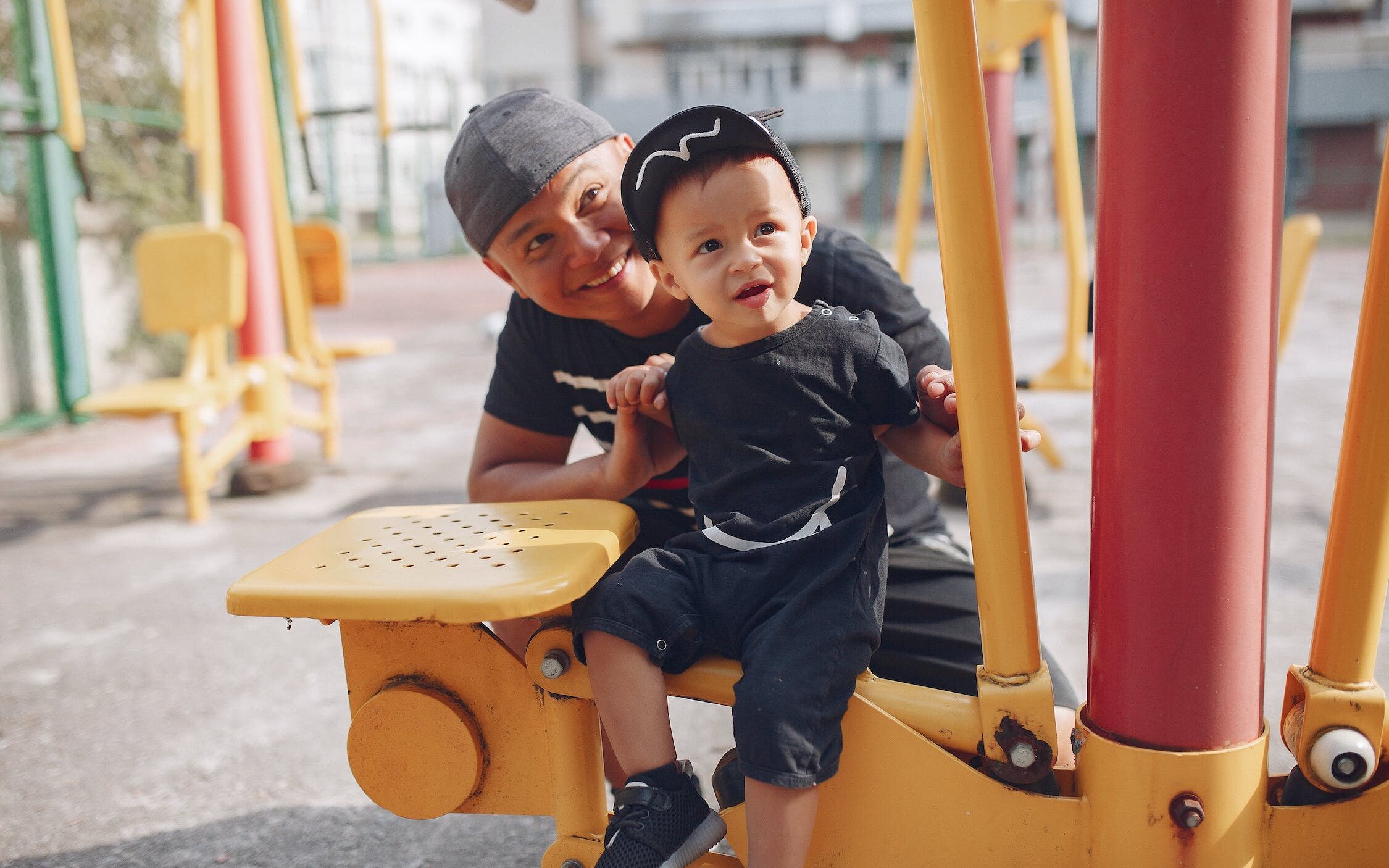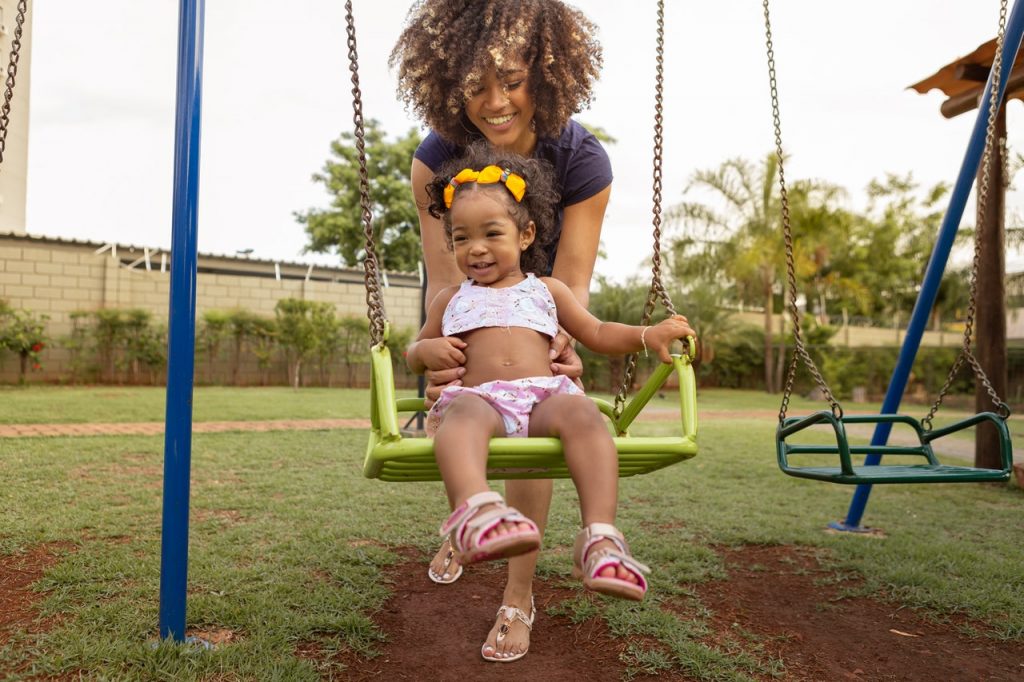The Foundations of Positive Parenting
Parenting is a beautiful and wonderful tales of adventure that calls for empathy, knowledge, and practical tactics. We will look at the seven fundamental elements of good parenting in this article: attachment, empathy, self-care and self-expression, discipline, and the significance of gentle touch. By sticking to these suggestions, parents can enhance their connections with their children, promote emotional health, and provide an affectionate atmosphere for their growth and happiness.

Building Attachment And Strong Bonds With Kids
Establishing a strong link with your child is the goal of attachment. The extension have to be developed by immediately and gently responding to your child’s necessities. Be there for your child when they’re in need of something and provide comfort. This enhances your relationship and builds trust. In addition, spending precious moments with your child while engaging in things you mutually enjoy creates with wonderful memories and develops a sense of trust and affection in your child. Hugging or cuddling are examples of physical connection that can help people feel comfortable and bonded.
Cultivating Empathy: Nurturing Connections and Understanding
The ability to empathies with and share your child’s emotions is empathy. Being a good role model is the initial step in helping your child develop empathy. So that your kid can learn to do the same, show kindness and compassion towards others. Your child should be encouraged to consider how other people might feel in various instances. They gain feelings of empathy and compassion as a result of this. When your child expresses their emotions, listen thoughtfully, let them know you concur, and offer your unwavering support. Their emotional wellbeing and connection are boosted by this acknowledgment of their feelings.

Prioritizing Self-Care: Nurturing Our Well-Being
In order to be good parents, we must also take care for our own needs. This entails showing oneself compassion and engaging in self-care. Be nice to yourself and admit that you will make mistakes. Never forget the significance of taking care of themselves in order to be a healthy adult and an excellent parent. Make time for the things that make you happy and provide you energy yet again, including hobbies, exercise, or meeting out with friends. When you require support or a listening ear, don’t be embarrassed to ask your loved ones or a support group for guidance. Sharing your experiences with others can help you feel less anxious and be healthier overall.
Positive Discipline: Fostering Growth and Responsibility
Instead of only punishing kids, discipline involves guiding and teaching them. By establishing boundaries and rules that are clear, beneficial discipline can be established. Make sure that your child is aware of the expectations. Applying implications for their actions demands consistency. This aids in their comprehension of the relationship between behaviour and results. Additionally, encouraging positive behaviours and recognising their efforts strengthens good decisions and raises their self-esteem. It is crucial to establish a nurturing atmosphere where discipline is viewed as a chance for development and education.
Embracing Emotional Expression: Fostering Open Communication
Your child’s emotional wellbeing is determined by you establishing an open and free space in which they can express how they feel. When your child wants to speak about their feelings, pay close attention to them. Please pay them your focused attention and express your appreciation and respect for their emotions. Encourage open conversation and let your child know that communicating a range of emotions is acceptable without worrying about judgement or consequences. Encourage children to recognise and express their emotions in healthy ways. Teach children how to express and control their emotions to effectively promote emotional intelligence.

Nurturing Self-Worth: Setting Healthy Expectations
Your child’s wellbeing depends on you assisting them with handling expectations and growing a sense of positive self-worth. Teach your child to accept challenges, learn from their failures, and have faith in their potential to develop and progress to foster a growth mindset. Place more emphasis on their effort and development than just their successes. Celebrate their uniqueness and assist them in realising their value and uniqueness as they are. Your child can grow and fulfil their potential by encouraging positive self-worth and reasonable expectations.
Harnessing the Healing Touch: Exploring the Power of Gentle Contact
An effective way of fostering emotional health and enhancing the link between parents and children. Encourage gentle physical touch by giving them hugs, holding hands, or back rubs. Love, security, and comfort are all communicated through this kind of contact. It can help children regulate their emotions and has a calming impact on them. A hormone that fosters trust and connection, oxytocin, is also released by gentle contact. The emotional connection between you and your child is strengthened when soft contact gets incorporated into daily encounters.
Conclusion:
Developing healthy connections and encouraging emotional wellbeing are essential elements of positive parenting. Parents can foster a nurturing and encouraging environment for the growth of their kids and happiness by adopting the fundamental concepts of attachment, compassion, self-care, discipline, expressing one’s feelings, self-worth, and affectionate touch.
Keep in mind that parenting is a process that calls for patience, empathy, and continuous learning. By providing these pillars priority, you are creating a foundation for a strong and healthy parent-child relationship.









